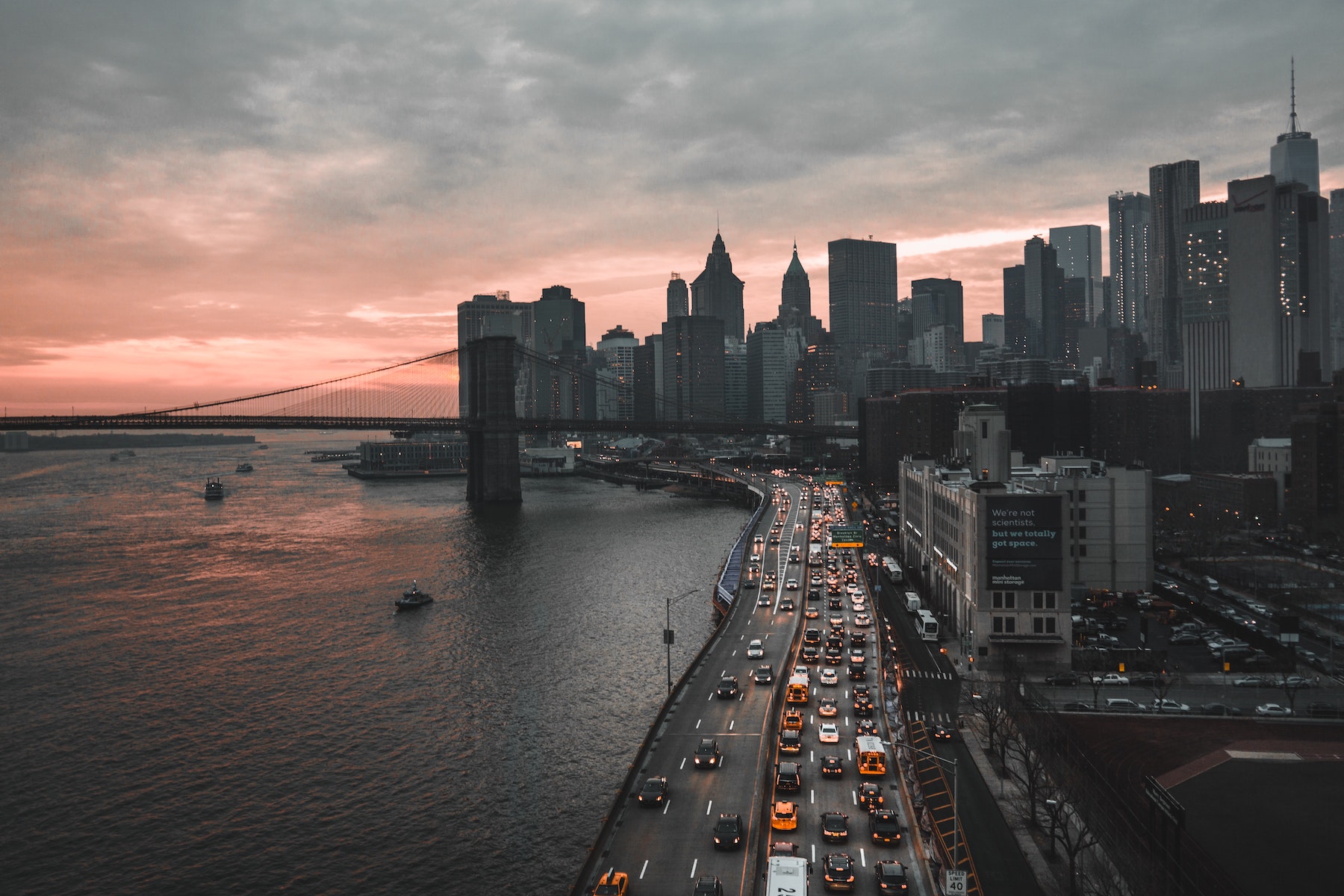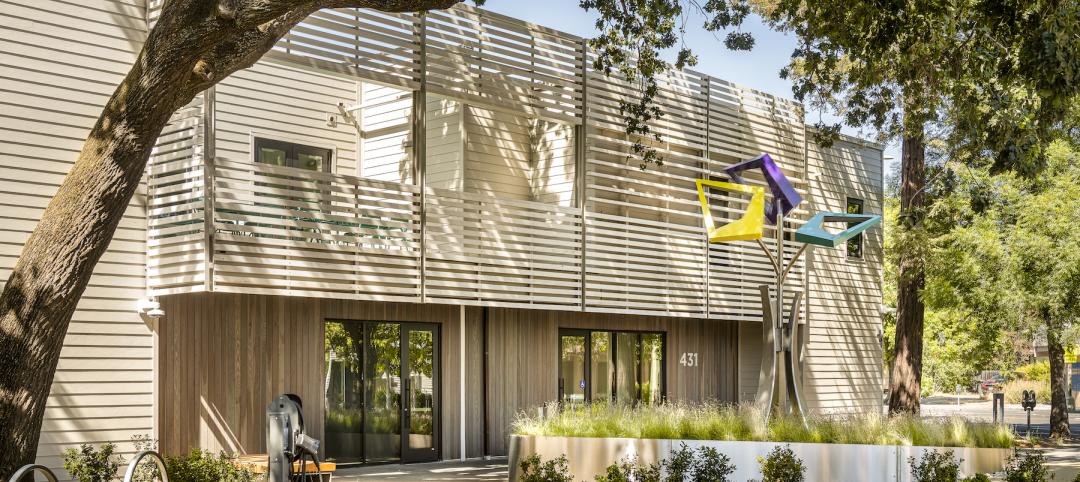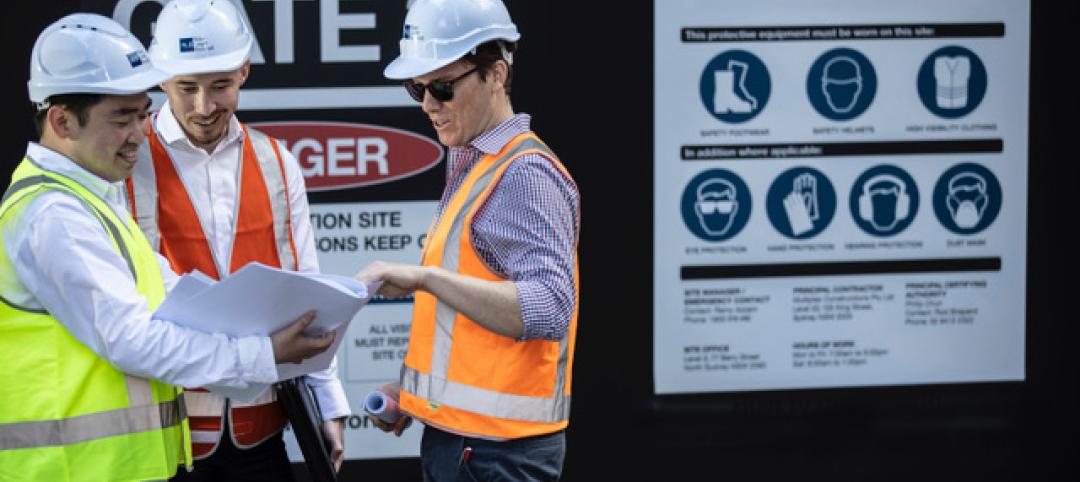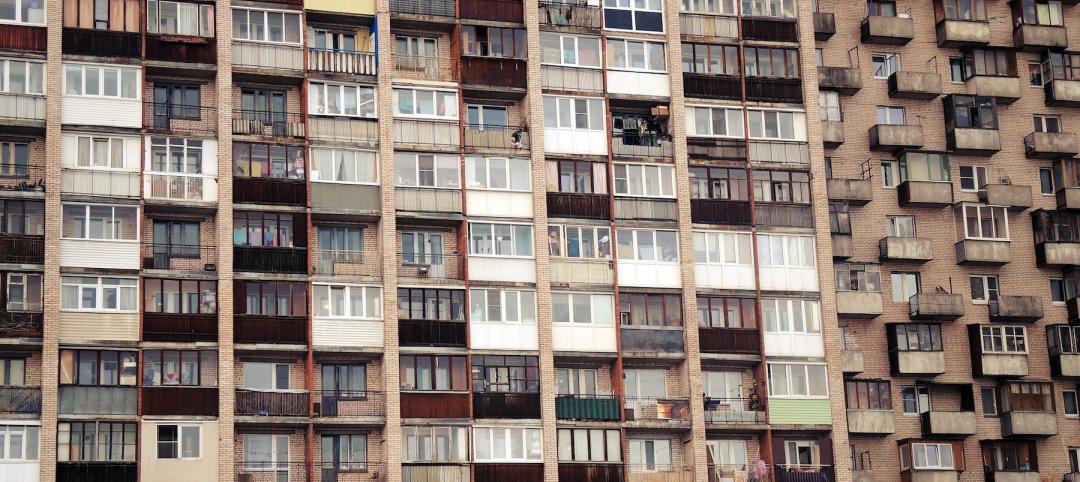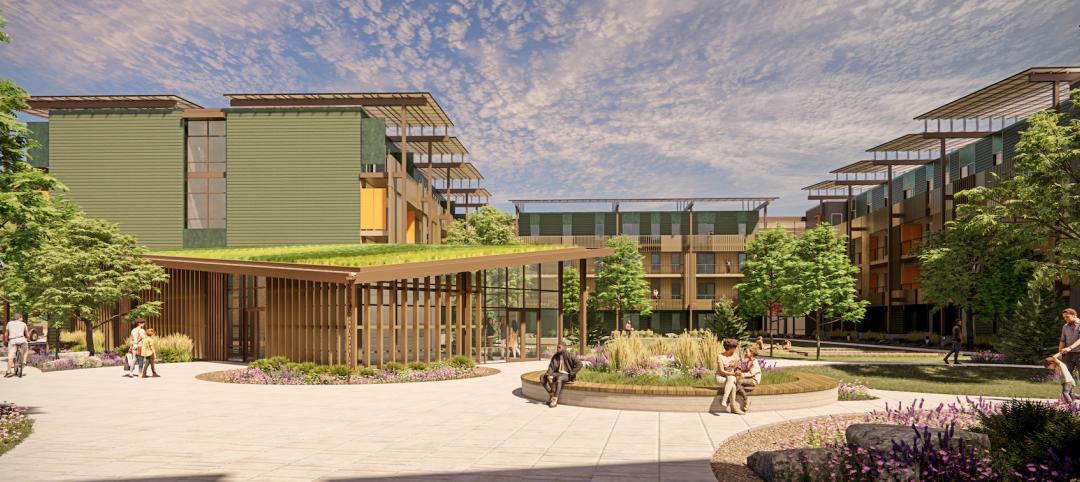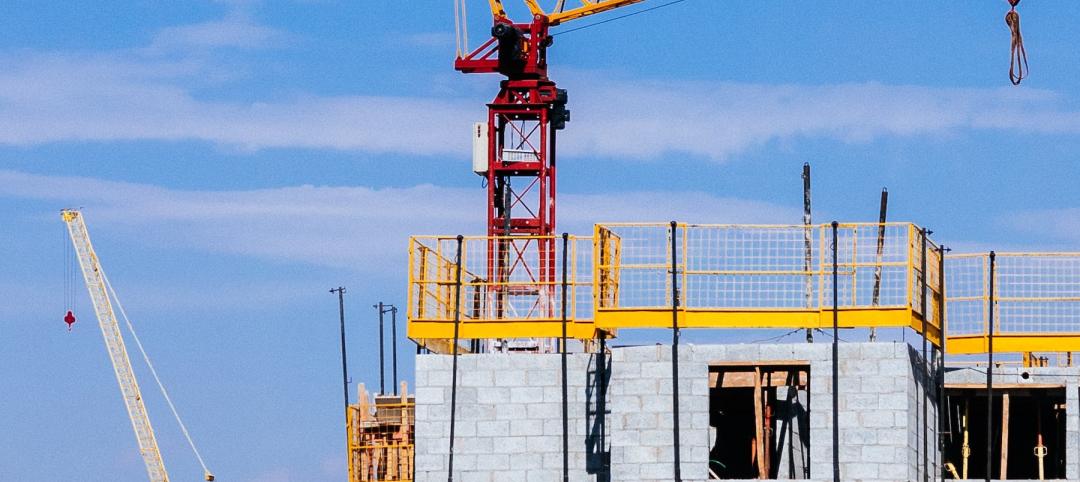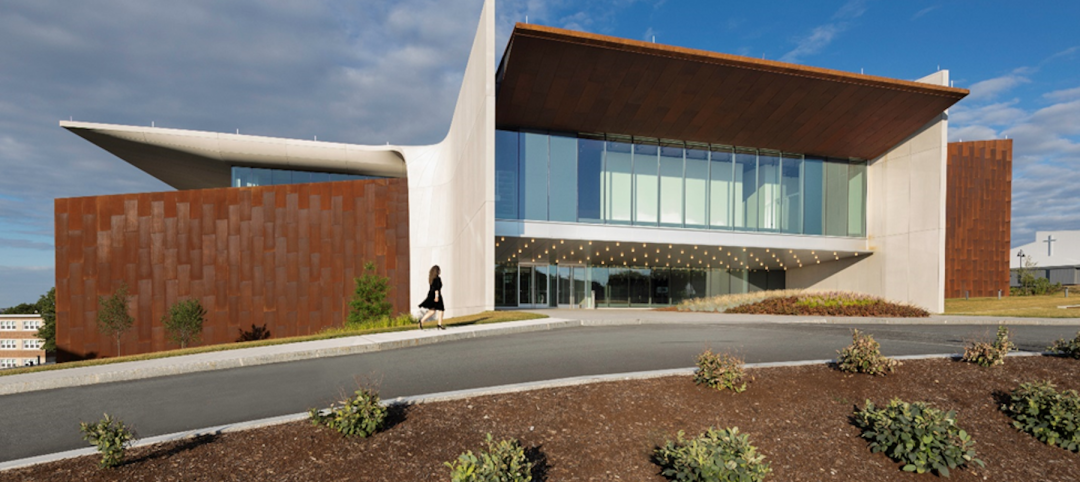Officials recently released an environmental assessment that analyzes seven different possible pricing schemes for New York City’s congestion pricing program.
The program, expected to begin in late 2023 or early 2024, would charge vehicles a fee for entering the city’s central business district in lower Manhattan south of 60th Street. The study examined the potential impact of various fee structures ranging from $5 to $23 for passenger cars and $12 to $82 for commercial trucks.
Emergency vehicles and those transporting people with disabilities would be exempt. Low-income residents who live inside the zone would be eligible for state tax credits.
All fee systems studied except one would raise at least $1 billion per year. The volume of vehicles entering the central district would decline by 15% to 20% and public transit ridership could increase by up to 2%, the study found.
The U.S. Department of Transportation must approve the city’s plan before it can be implemented.
Related Stories
Contractors | Oct 5, 2022
Materials shortages, cost spikes throwing Design-Bid-Build process out of whack
The traditional Design-Bid-Build delivery process is under considerable stress this year as materials shortages and cost spikes are upending usual practices, according to a new report from JLL.
Green | Oct 5, 2022
In California, a public power provider’s new headquarters serves as a test case for an innovative microgrid and for reducing greenhouse gas emissions
Sonoma Clean Power (SCP), the public power provider for California’s Sonoma and Mendocino Counties, recently unveiled its new all-electric headquarters.
Contractors | Oct 4, 2022
Project managers: Know your workforce
The number of considerations that go into starting a construction project are almost too numerous to count. Contracts, materials, labor, deadlines, even weather, to name a few. They vary from project to project, and any one of them can change in an instant, whether it be materials suddenly in short supply, labor that isn’t available for your particular kind of project (is it luxury hospitality or affordable residential?), or an unexpected phenomenon like Covid-19 that makes everything suddenly screech to a halt.
Contractors | Oct 4, 2022
Which comes first, the building or the cost estimate?
At the start of a project, don’t forget to establish financial parameters when you’re discussing the design and program. By establishing the costs up front, you can avoid the pitfalls that might derail your project and guarantee its lasting success.
Fire and Life Safety | Oct 4, 2022
Fire safety considerations for cantilevered buildings
Bold cantilevered designs are prevalent today, as developers and architects strive to maximize space, views, and natural light in buildings. Cantilevered structures, however, present a host of challenges for building teams, according to José R. Rivera, PE, Associate Principal and Director of Plumbing and Fire Protection with Lilker.
| Oct 4, 2022
Rental property owners want access to utility usage data for whole properties
As pressure from investors for ESG reporting mounts, owners of multifamily properties increasingly look to collect whole-building utility usage data.
| Oct 4, 2022
In dire need of affordable housing, Aspen, Colo. will get a development that provides 277 affordable homes
A few miles from downtown Aspen, Colo., a development will provide 277 new affordable homes for an area experiencing a dire affordable housing crisis.
Green | Oct 3, 2022
California regulators move to ban gas heaters for existing buildings
California regulators voted unanimously recently on a series of measures that include a ban on the sale of natural gas-powered heating and hot water systems beginning in 2030.
| Oct 3, 2022
The College of the Holy Cross completes a $110 million performing arts center
In Worcester, Mass., a one-hour drive from Boston, the College of the Holy Cross has completed its $110 million Prior Performing Arts Center.
Resiliency | Sep 30, 2022
Designing buildings for wildfire defensibility
Wold Architects and Engineers' Senior Planner Ryan Downs, AIA, talks about how to make structures and communities more fire-resistant.


